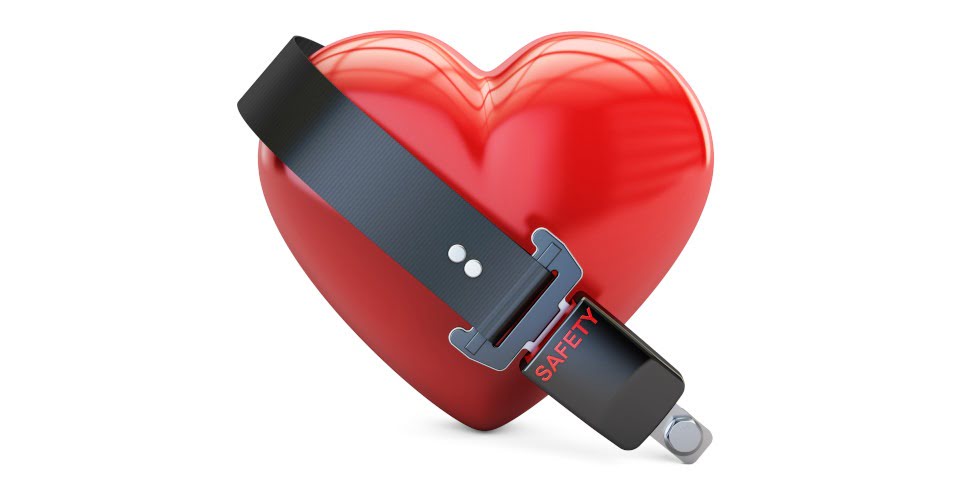More than two thirds of Australian adults – almost 13 million people, or 69.1 per cent – have at least three risk factors for the nation’s biggest killer, heart disease.
Data from the Australian Bureau of Statistics National Health Survey 2017/18 has been released by the Heart Foundation to mark Heart Week (28 April to 4 May 2019). This year, GPs are being encouraged to deliver Medicare-funded Heart Health Checks, the patient-friendly term for an absolute cardiovascular disease (CVD) risk assessment.
Heart Foundation chief medical adviser Professor Garry Jennings said the item, 699, newly available on the Medicare Benefits Schedule (MBS), will better support health professionals to give patients absolute CVD risk assessments.
“Existing items have not adequately addressed guideline assessment and ongoing management of patients with CVD risk factors,” Professor Jennings said.
“The new item number emphasises, for the first time, the clinical importance of CVD assessment. We know that assessing and managing absolute CVD risk has the potential to prevent twice as many deaths from coronary heart disease when compared to treating individual risk factors.”
Absolute CVD risk looks at the combined risk of multiple CVD risk factors to estimate the likelihood of a heart attack or stroke in the next five years. It involves recording a patient’s physical or lifestyle-related CVD risk factors, measuring their risk using a validated calculator and providing ongoing care and advice regarding modifiable risk factors such as nutrition, exercise and weight control.
“Although we have come a long way from treating single risk factors for CVD, there is more work to be done to address the significant under-treatment gap in Australia,” Professor Jennings said.
Up to 70 per cent of high-risk Australians aged 45-74 are not receiving guideline-recommended blood-pressure and lipid-lowering therapy.
“Importantly, assessing a patient’s absolute CVD risk helps guide medical decision-making around who is likely to benefit most from medication, and who may not.
“The new interim Heart Health Check MBS item offers health professionals in primary care the chance to systematically assess and manage absolute CVD risk in an ongoing way.”
Practicing GP and epidemiologist Dr Jason Agostino said: “The new item supports an important preventive health activity that many of us have been trying to squeeze into another consult. It also enables practice nurses to be involved in an annual, preventive health activity from 45 onwards.
“We know there are almost a million people at high risk of CVD who are not on recommended treatment. Identifying people at high risk and engaging them in their treatment takes time – this item provides an opportunity for us to regularly review and manage CVD risk with the support of our practice team.”
It is estimated that widespread take-up of Heart Health Checks to people at high absolute risk of a CVD event could prevent 76,500 CVD events over the following five years.
The Heart Foundation is hosting an interactive webinar discussion on absolute CVD risk assessments on Tuesday 30 April from 7:00pm AEST featuring a multidisciplinary panel of experts. Click here for more information.
There is an MBS heart health check fact sheet for medical professionals here.
A range of additional Heart Week resources for health professionals and for patients can be downloaded from: www.heartfoundation.org.au/heartweek








